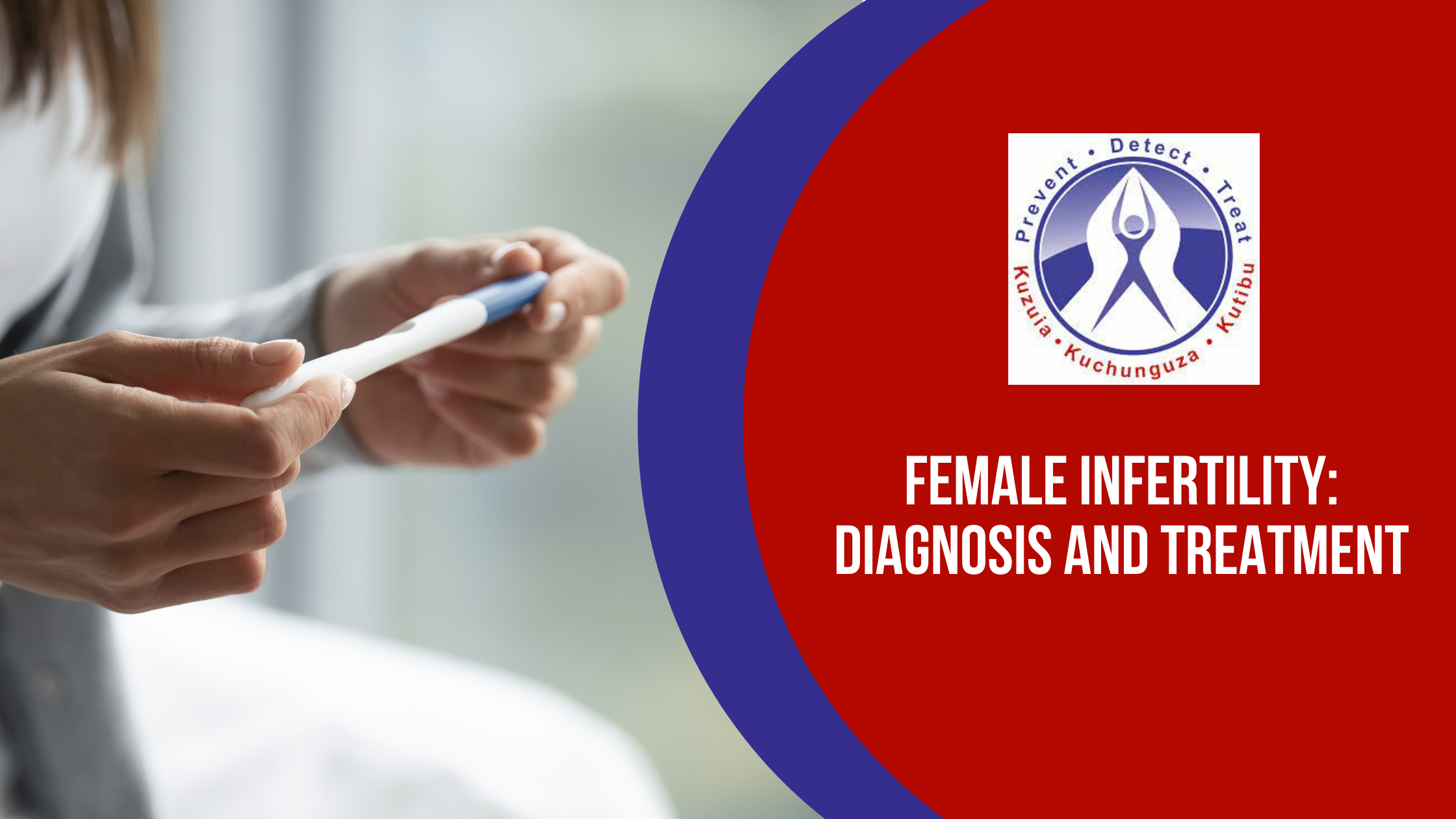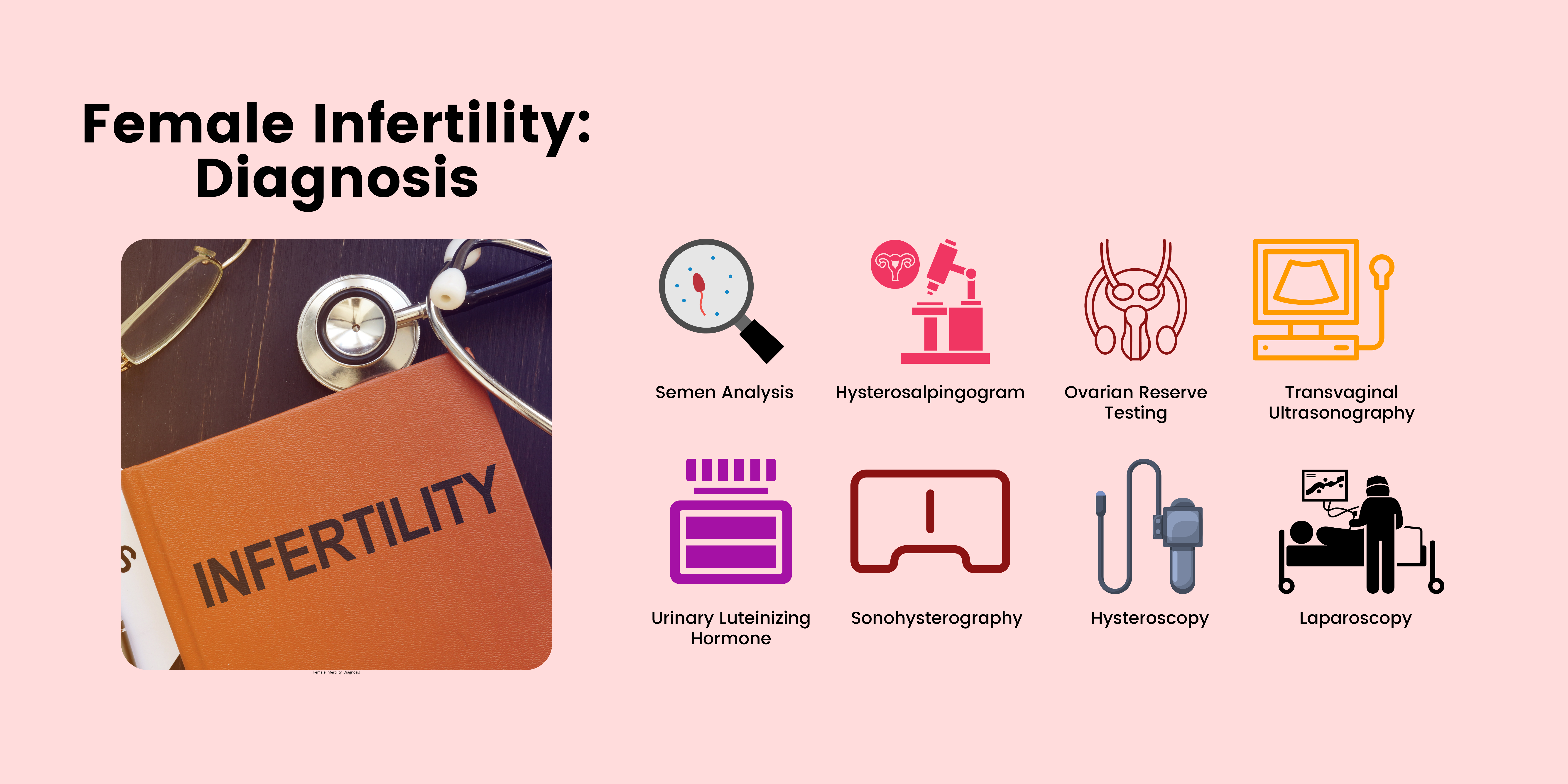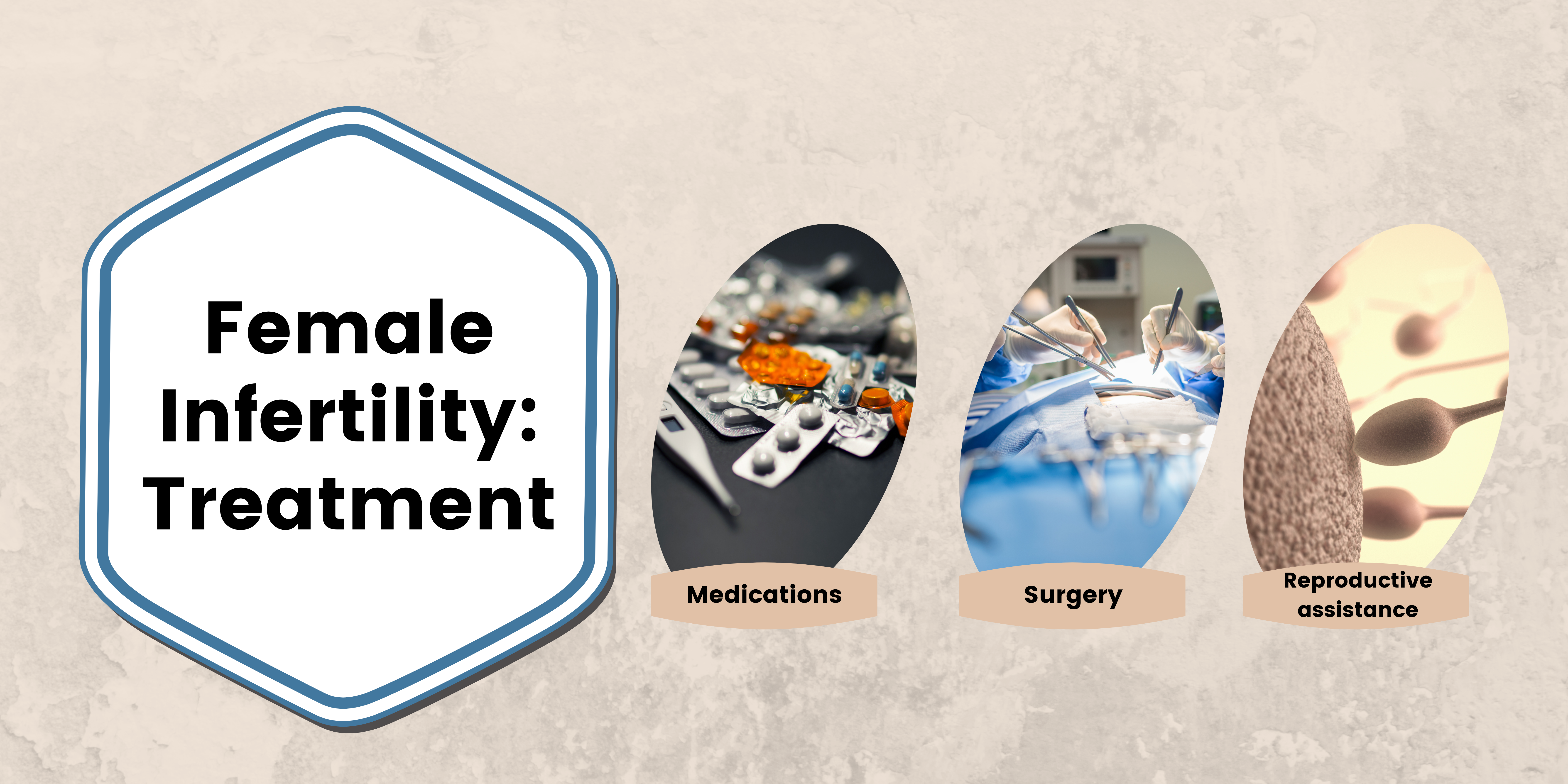Female Infertility: Diagnosis and Treatment
533 views
If you’re trying to get pregnant for over a year with frequent, unprotected sex and still there’s no success, it can be a result of female infertility. Though the causes are undetermined, it is due to female factors one-third of time and due to male factors, the other one-third time. If a woman’s menstrual cycle is too long or too short or irregular, it might be a symptom that you are not ovulating.
Diagnosis Methods
If a woman is unable to conceive for a very long period of time, it is recommended to take consultation from a doctor. Both the partners can undergo a few tests for evaluation of infertility and the doctor can suggest treatment accordingly. A few of the well-known tests are as follows: 
- Male Partner Semen Analysis: Though this test is performed on the male partner, it is an essential test for evaluation. This analysis provides information about the number, movement, and shape of the sperm and should also be performed even though he has fathered a child before.
- Hysterosalpingogram (HSG): An X-ray procedure through which we can diagnose if the fallopian tubes are open or not and the shape of the uterine cavity, HSG is performed by inserting a catheter at the opening of the cervix. An iodine constituent liquid is injected and based on the contrast, the status of fallopian tubes is studied in this test.
- Ovarian Reserve Testing: A highly recommended test to know the quality and quantity of eggs for ovulation, ovarian reserve testing is important for women over 35 years or who have a family history of early menopause.
- Transvaginal Ultrasonography: There are chances of a woman having abnormalities such as fibroids and ovarian cysts. To detect such issues, the doctor tests the uterus and ovaries using an ultrasound probe which is placed in the vagina.
- Urinary Luteinizing Hormone (LH): The LH helps in defining the times when a woman might be highest fertile and also predict ovulation even before it occurs. Adding to that, these tests are only recommended to women who have a menstrual cycle consistently in 25-35 days.
- Sonohysterography: This test requires filling the uterus with a saline solution to detect intrauterine problems such as endometrial polyps and fibroids and provides better results as compared to transvaginal ultrasonography. In case of some abnormalities, doctors recommend a hysteroscopy.
- Hysteroscopy: Hysteroscope, a lighted telescope-like instrument, is used in this surgical procedure and is passed through the cervix to get an inside view of the uterus. This helps in diagnosing and treating certain abnormalities such as polyps, fibroids, and adhesions.
- Laparoscopy: To evaluate abnormalities related to endometriosis, pelvic adhesions and others, a laparoscope is inserted through the abdomen wall in the pelvic cavity. As this method has quite a higher cost and surgical risks associated with it, it is only recommended under certain specific conditions.
Treatment of Female Infertility
With all the scientific and technological advancements, now there are certain treatment options available based on age and other medical conditions.
-
Medications: Also known as fertility drugs, there are medications available in the market that work like natural hormones to trigger ovulation. A few drugs include Clomiphene citrate, Gonadotropins, Metformin, Letrozole, and Bromocriptine.
-
Surgery: We understand that this might trigger fear, but at times when the success rates are low, surgical procedures are available to improve the rate of female fertility. Tubal surgeries and Laparoscopic or Hysteroscopic surgeries are a few well-known surgeries.
-
Reproductive assistance: Another alternative that helps in female infertility is Reproductive assistance. The most common methods include Intrauterine insemination (IUI) and Assisted reproductive technology.
 Support and Coping Mechanisms
Support and Coping Mechanisms
Female infertility is still considered taboo in most regions. Adding to that, this is a condition that triggers emotional breakdown and depression. We also recommend the following steps.
- Learn as much as you can from your doctor and medical experts. You can also seek therapy if needed.
- Exercise and meditation works wonders for your mind, body and soul in such stressful times. So we recommend taking out some time for yourself and consuming healthy food.
- We have advanced a lot and now adding to medical treatments there are certainly other options such as adoption.
Though there aren’t any sure-shot ways to avoid female infertility, any woman thinking of getting pregnant can consider these pointers. You can maintain a healthy weight, avoid taking unnecessary stress and quit consumption of alcohol or smoking. You can also get in touch with gynaecology experts of Regency Medical Centre that can provide you with the required guidance, information and treatment.

